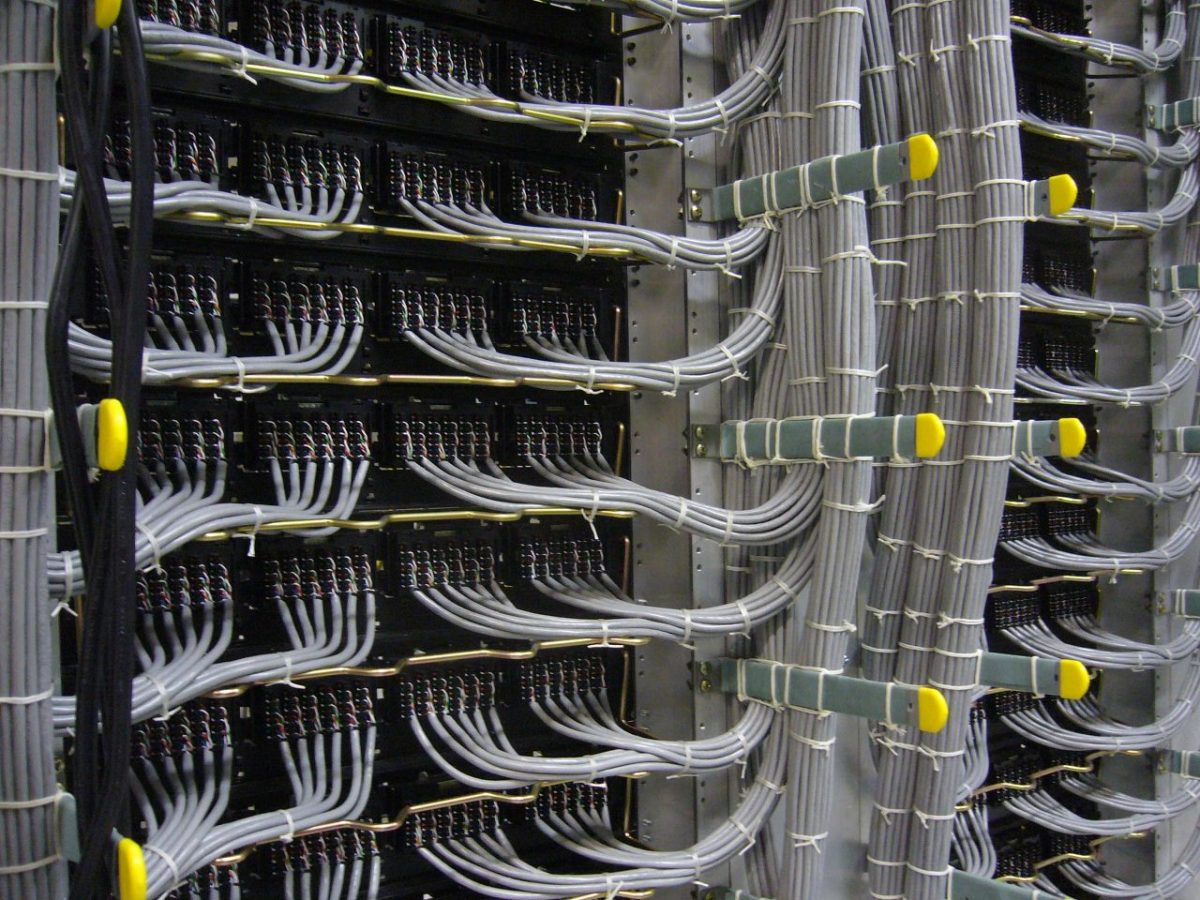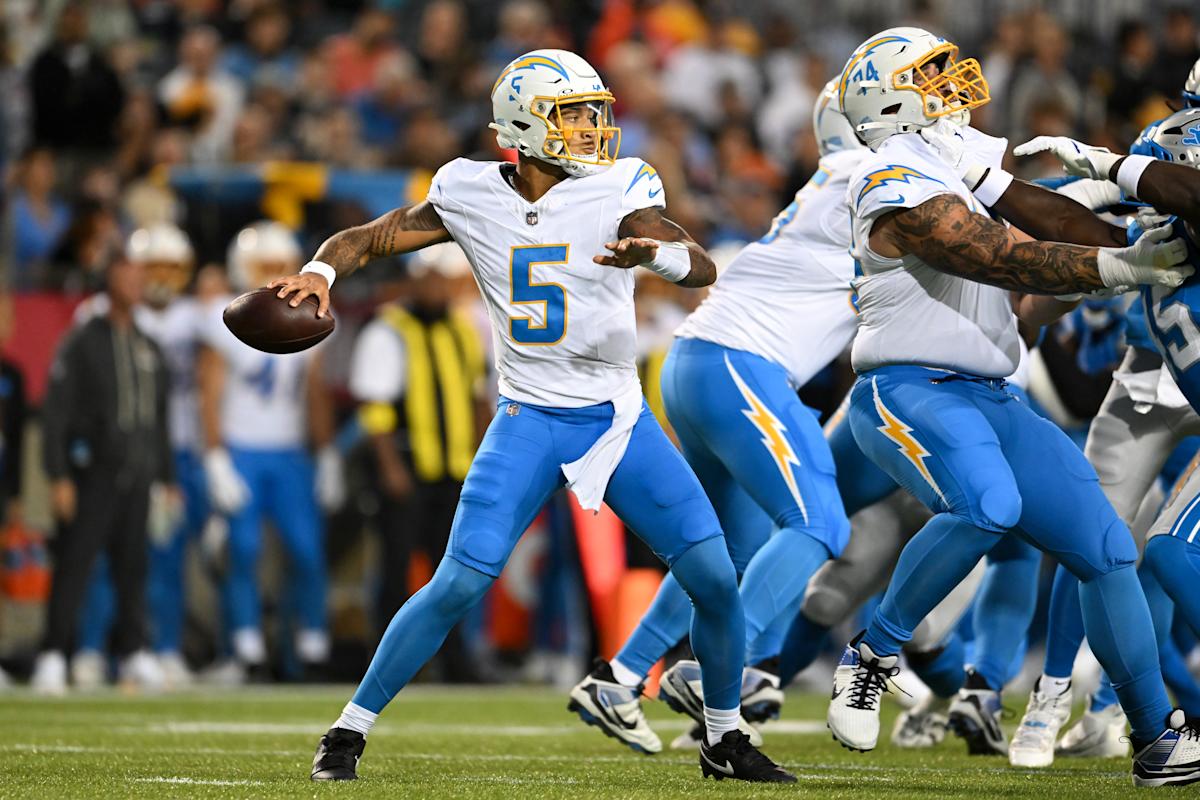The live-action remake of How To Train Your Dragon all but spits in the eye of the original, promising to replicate some scenes fully shot-for-shot in ghoulish mimicry. This may sound overdramatic, but considering it’s just another in a long line of live action remakes that lack any sort of new direction (the Beauty and the Beast remake was…not good) or well-executed artistic vision (the Mulan remake may have been different, but it largely failed the goal of being a more culturally authentic version—for an excellent breakdown of this, see bestselling author Xiran Jay Zhao’s video on the topic) beyond milking large amounts of cash from the potent cow of nostalgia, I think it is an entirely appropriate statement.
I’ve long taken issue with the concept of the live-action remake. No matter how it compares to the original, I’m always slightly unnerved by the idea that such a thing should even exist in the first place. That live-action is the ideal medium. That animation is a childish and irrelevant medium, that a good movie will eventually be remade in the preferable form of live-action. This notion is only supported by the gaping lack of animated remakes, despite the fact that an animated version of Die Hard or The Terminator would be incredibly appealing not only from the nostalgia angle but also in terms of adaptation. Because when switching between any two mediums—especially when switching between live-action and animation—there is serious work to be done that, when done well, produces highly rewarding results (for an example of this, see practically any of the early Marvel movies, which do excellent work adapting the chaotic realm of comic books to a more cohesive and limited medium). Completely porting something over is not only boring, it’s a failure.
This is another point of contention with remakes. Just as comics are different from novels, animated movies are different from live-action. This may seem like an obvious statement, but considering how often these differences are ignored, I felt like it was worth repeating. In animation, there’s different forms of visual storytelling. When you look at characters like Pinky and the Brain from Animaniacs, you can immediately grasp key points of their personalities. You cannot do this when looking at a normal mouse! You can try, but you will not succeed! Live-action films can’t exploit shape language, or get away with the same kind of exaggerated design that animated films use. This means a lot more leg work has to be done when switching something over to ensure similar levels of characterization get across.
And this isn’t the only thing to be considered! Animated films can create different tones through stylization, and can incorporate more fantastical elements without breaching the uncanny valley that CGI so often hurdles straight into while aging infinitely better. Not to mention the level of thought that goes into all of these elements, which are meticulously strung together to further enhance the story.
Take the Spider-Verse movies for example. One of the many things that I adore about them is the fact that they stylize the Spider-People from alternate universes differently, something that they expound on in the second one by having entire alternate universes with different art styles. It’s a brilliant way to emphasize their differences and also serves to characterize them—Peni Parker being in a more anime-esque style tells you a lot about her and her world before you’ve heard anything about her backstory, and Spider-Ham’s design sets his tone through the connection to Loony Tunes before he utters a single word. Adapting the Spider-Verse movies into live-action would require immense amounts of thought, care, and work to achieve similar effects in the different medium.
Work that most studios seem to be willing to do, because they refuse to budge from their massive pile of laurels. And herein lies my other main issue with live-action remakes: expecting them to be well made with love and care and thought is impossible when they’re being churned out for the singular goal of cashing in on pre-existing nostalgia and good faith.
To clarify: I’m also not saying that original movies are made with pure love and care in the hearts of the production staff—I’m well aware that the end goal in the eyes of those running the show is largely to make money. And I’m not saying that the people who work on these remakes can’t care about them. I’m sure many of them care a great deal! Considering that films are chosen for remakes precisely because of their popularity, many of them likely watched and enjoyed the originals. Maybe they’re even excited to be working on a reproduction. Maybe they care a great deal about ‘bringing it back to life’.
But these original movies never died. They can’t, by definition. They’re stories, and they’ve been told—heck, most everyone who watches a remake has seen the original, and spends half the film going over the comparisons, wondering if it’ll measure up! What’s the point of telling these tales again, when you’re not going to add anything new? What’s the point in trodding out the same old, familiar paths when these companies have the money and the power to blaze hundreds of new ones? Why painstakingly recreate a beloved film, replicating famous scenes shot-for-freaking-shot, when you could make something new?
The answer is, of course, money. They do it for the money. They do it because remakes are a guarantee, they do it because taking the easy way out is comfortable, they do it because they have grown complacent. They’ve done the work, they’ve been groundbreaking, and now they’re entrenched enough that they’re settling down. They do it because there’s no risk, but there’s still a reward. They do it because they know people will still watch remakes, however ham-fisted or inferior, out of love for the originals. They do it because they know they can get away with it.
And in all likelihood, they’ll keep getting away with it. It’s not like anyone can stop them. I can complain all I want, but none of it will stop these companies from trudging down the same old paths for an easy buck. The live-action How To Train Your Dragon hits theaters next June. Moana’s live-action version is slated for 2026, a mere ten years after the original’s release. I predict a live-action Encanto will be in the works before I graduate in 2027. The ball will keep rolling. The live-action remakes will keep coming. There’s not much we can do, besides refuse to watch.
But it’s hard to look away from a train wreck.



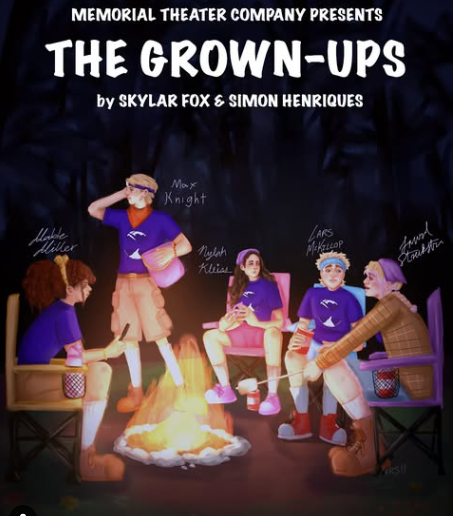






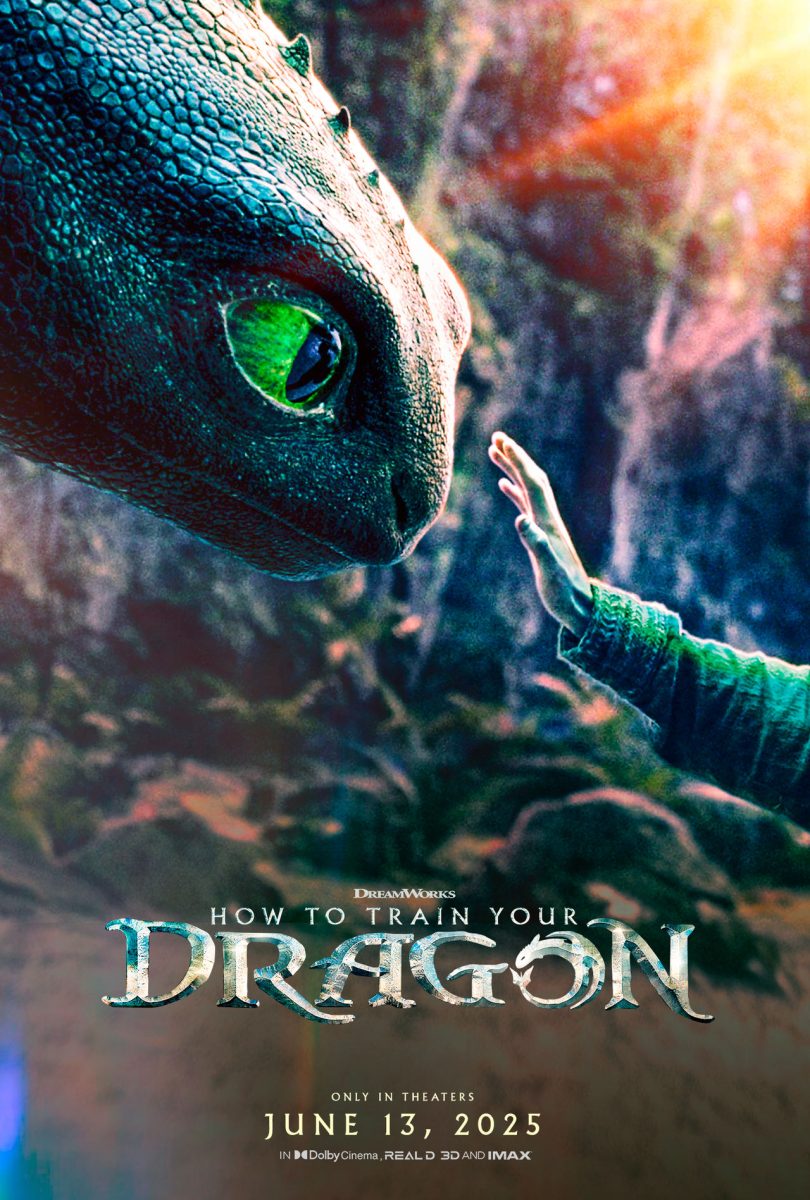

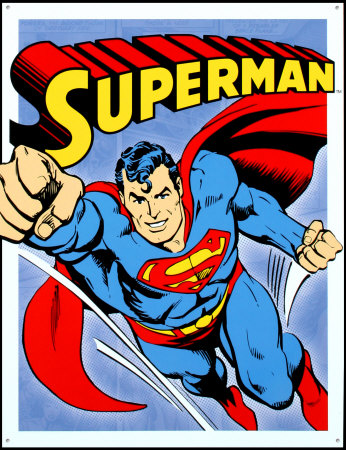
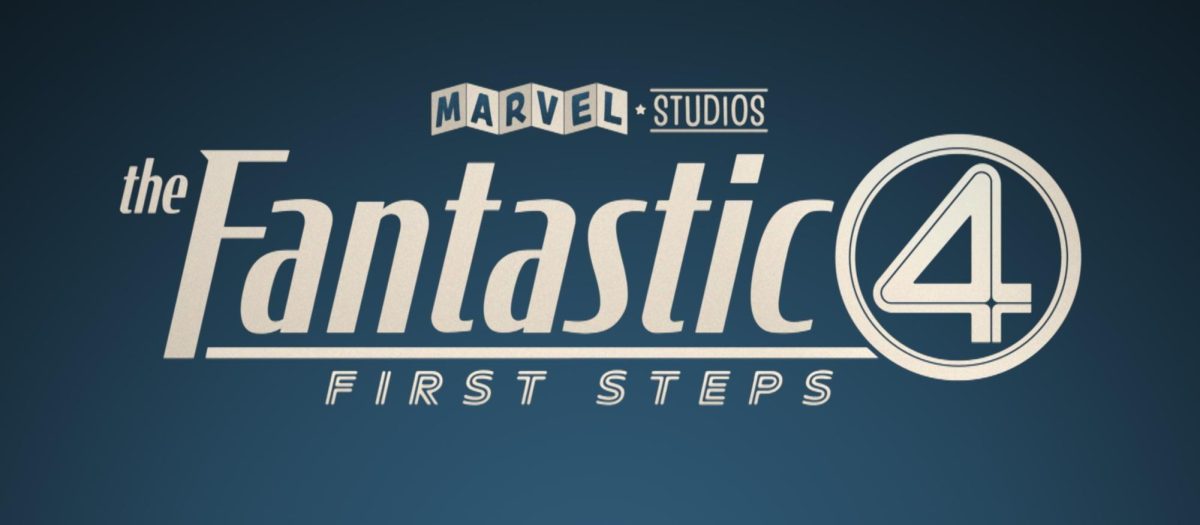











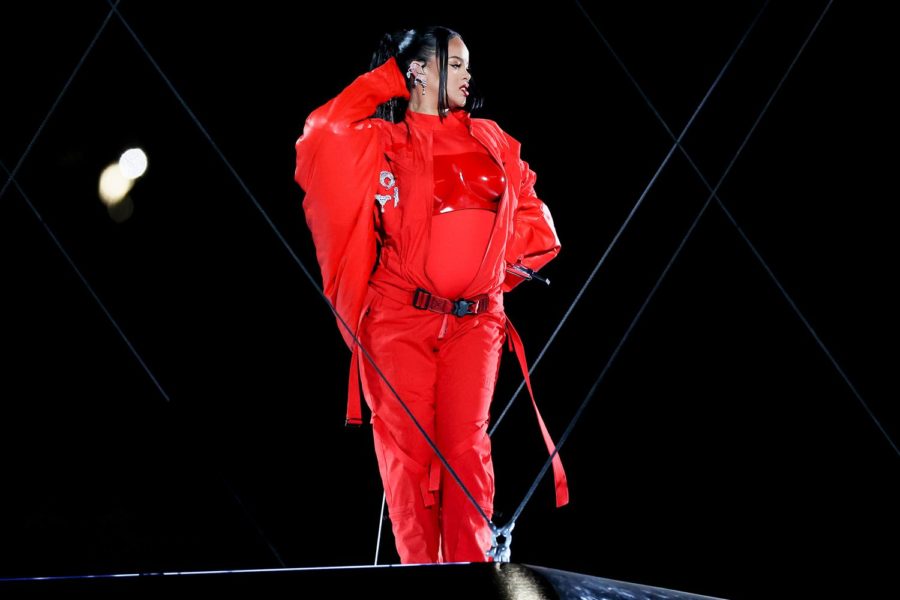





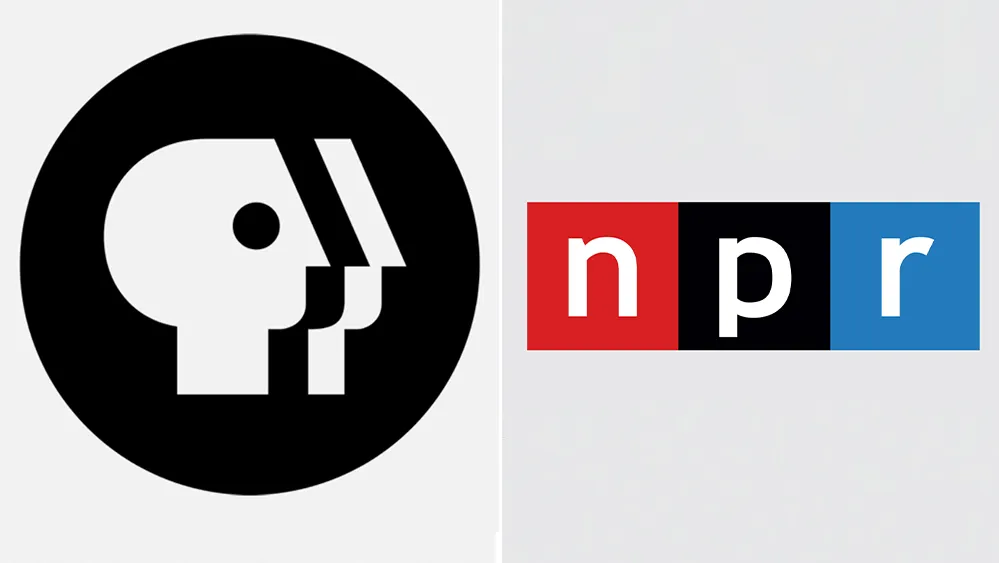








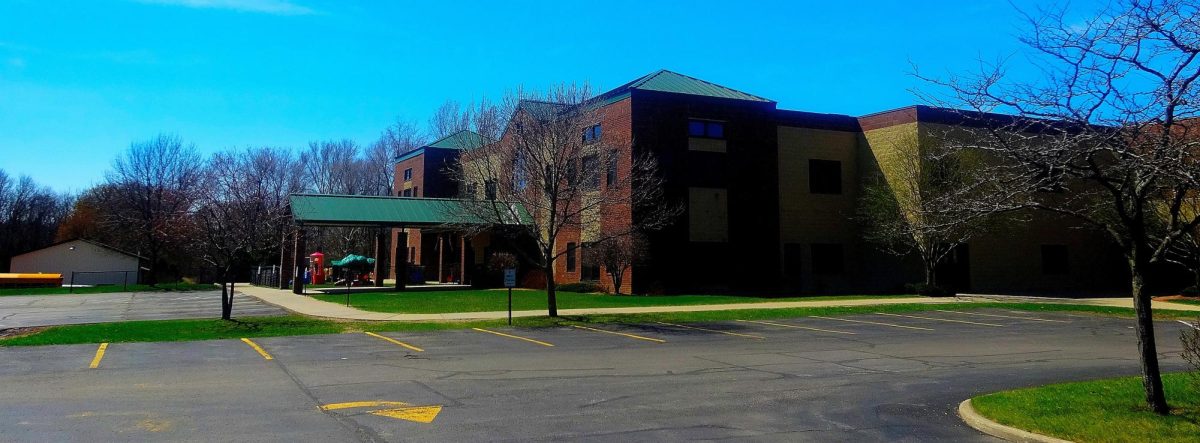







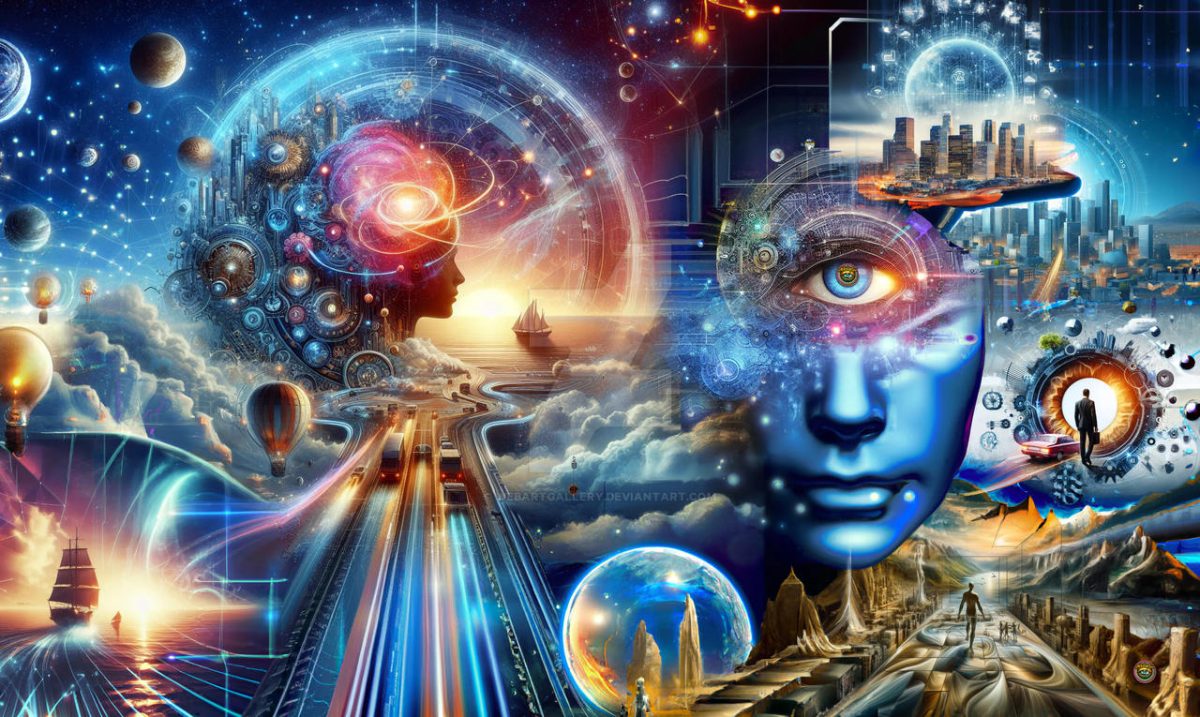
![Image credit to [puamelia]](https://memorialswordandshield.com/wp-content/uploads/2025/08/3435027358_ef87531f0b_o-1200x803.jpg)
